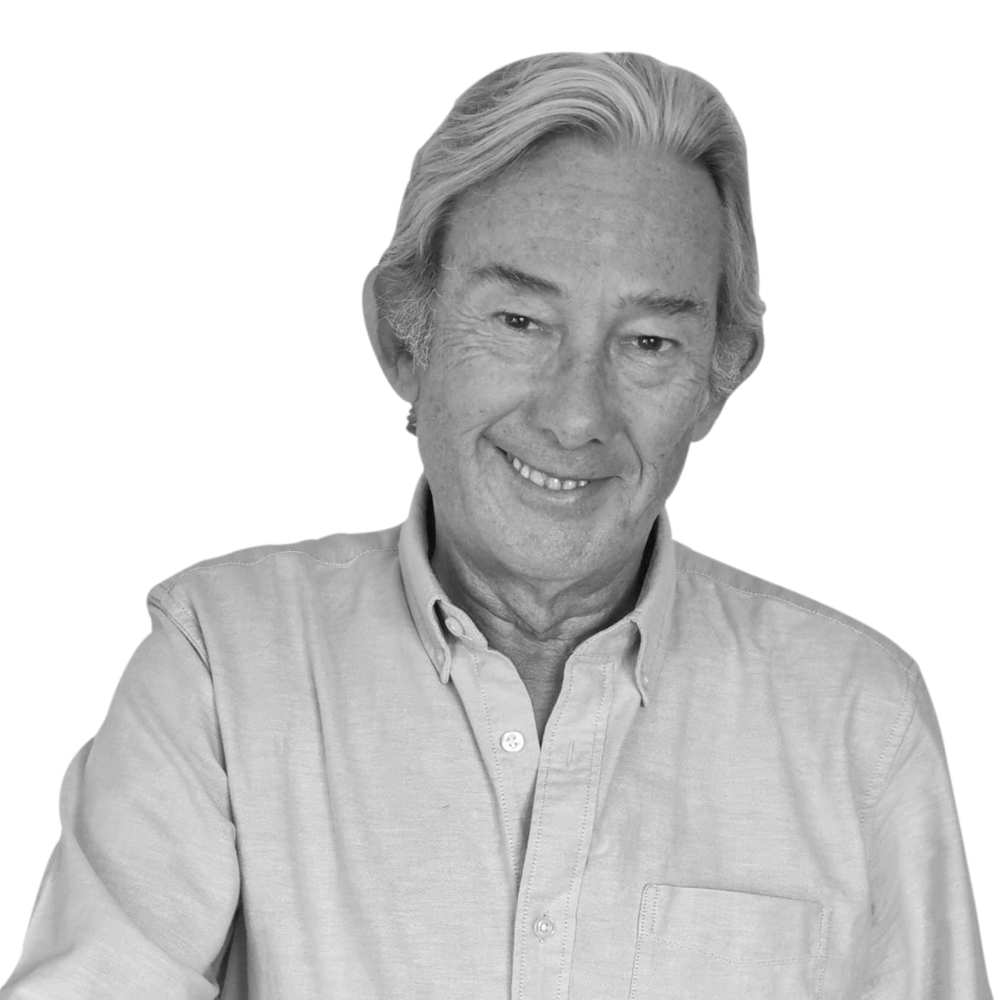The 19 months in which Portugal was almost Soviet


Readers of historical fiction tend to think that, besides being entertained, they learn something. Perhaps they do, depending on the quality of the work. Something can be learned. At least about the context in which the fiction unfolds. A great Portuguese novel, "Revolution," by Hugo Gonçalves, recently published by Libros del Asteroide, transports us to a moment in history not so long ago (I remember it very well) that, nevertheless, seems very distant: the so-called Ongoing Revolutionary Process (1974-1975). That is to say, those tumultuous 19 months in which Portugal was on the verge of adopting a Soviet system and teetered on the brink of civil war. Memory is a curious thing. The overthrow of the interminable Portuguese dictatorship of the Estado Novo (1926-1973) by the Army is known as "the Carnation Revolution": a happy, swift event, with very few casualties. But, except for the euphoric initial days, there was neither happiness nor speed. There was violence, and vertigo during the uncertain "revolutionary process underway": "underway" meant that no one had any certainty about where these astonishing events would lead.
It is impossible to exaggerate the impact this had on Spain. The year before Francisco Franco's death, while Spanish society wondered what would happen once the dictator disappeared and an absolute monarch, Juan Carlos I, designated as heir to the regime, assumed his powers (all of them), a Soviet-style revolution was beginning in the neighboring country.
For the Franco regime, this was inconceivable. The Madrid government, headed by Carlos Arias Navarro (known as the "Butcher of Málaga" for the massacres he perpetrated during the Civil War), immediately began working (with its usual clumsiness, it must be said) in favor of the Portuguese counter-revolutionary coup plotters. The opposition to Francoism oscillated between enthusiasm and astonishment. For the "pro-Franco" press, still under censorship, it was an adrenaline rush.
Let's recap. On April 25, 1974, as soon as the Catholic Radio Renascença gave the agreed-upon signal (it broadcast the song "Grândola, Vila Morena," banned by the regime), hundreds of army officers, who had been fighting a fruitless war in the African colonies for years, revolted. The regime fell in a matter of hours.
Dictator Marcelo Caetano, successor to António de Oliveira Salazar, fled to Brazil. The conservative general António de Spínola, who looked like he'd stepped out of an operetta with his riding crop and monocle, assumed the presidency of a National Salvation Junta and, simultaneously, the presidency of the Republic.
Spínola wanted a presidential constitution, similar to the one established by Charles de Gaulle in France, to be approved quickly, and for negotiations to begin with the rebels in the African and Asian colonies (Angola, Mozambique, Guinea-Bissau, East Timor, etc.) to form a Lusophone federation still linked to the metropolis.
Events, however, swept him aside. Real power lay in the hands of COPCON (Operational Command of Continental Portugal), that is, the revolutionary officers. At the head of COPCON was Lieutenant Colonel Otelo Saraiva de Carvalho, who quickly promoted himself to general. He was an unusual figure, a proponent of "participatory democracy" in the hands of "popular assemblies" led by workers and peasants. The resemblance to the soviets was obvious. Unlike the Communist Party of Spain, Álvaro Cunhal's Portuguese Communist Party did not accept parliamentary democracy. And while the colonies were gaining independence (only to embark on their own civil wars) and Portuguese colonists were traveling to the mainland with almost nothing, the government, or rather Saraiva de Carvalho, began to nationalize the banks and large companies. Trade union committees took control of the media. Even small businesses were placed in the hands of workers' committees.
General Spínola resigned, sought refuge in Spain, and formed a small army of former soldiers, former political police officers, and mercenaries with whom he attempted a coup in March 1975. Despite the support of the Franco regime and the CIA, it failed. The Armed Forces Movement proclaimed the "transition to socialism," under the command of a Revolutionary Council. Saraiva de Carvalho traveled to Cuba, where he was honored by Fidel Castro.
The bourgeoisie went into exile in Brazil or Spain. On April 25, 1975, elections were held for a constituent parliament with very high turnout and a surprising result: the Socialist Party of Mario Soares won with 38% of the vote. The Communist Party, which led the revolution, obtained no more than 13%.
Far-right and far-left terrorist groups emerged. Portugal seemed headed for civil war. But on November 25 of that year, five days after Franco's death in Spain, a new coup attempt by Spínola provoked a simultaneous coup within the Army, in which the socialist officers defeated the communists. And the "revolutionary process" ended its course as unexpectedly as it had begun. Fifty years ago, the Portugal of today was born.
In today's Portugal, the right wing governs, and the opposition, which holds an official position in the country's parliament, is led by the far-right Chega party. These are different times.
